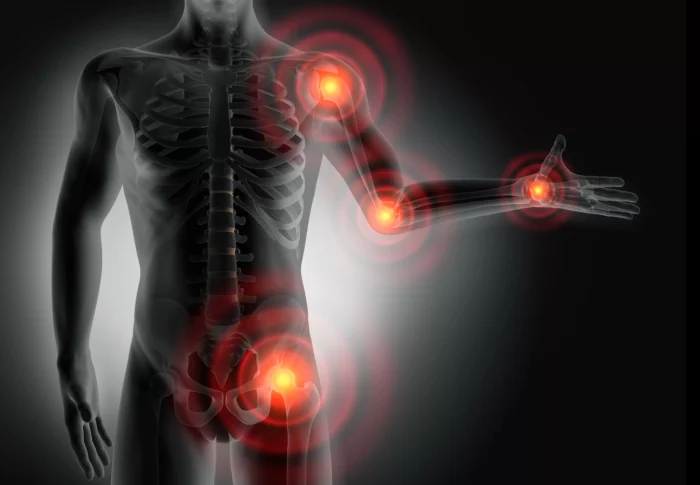
how to loss belly fat tips
Body fat refers to the amount of adipose tissue (fat) stored within the body. It is an important health indicator as having too much body fat can increase the risk of various chronic diseases including heart disease, diabetes, and certain types of cancer. The amount of body fat varies depending on factors such as age, gender, genetics, diet, and physical activity levels. There are different methods of measuring body fat, including skinfold thickness measurements, bioelectrical impedance analysis, and dual-energy x-ray absorptiometry.
fat loss refers to the process of reducing body fat through diet and exercise, leading to a decrease in overall body weight and a reduction in body fat percentage. This can be achieved through a combination of caloric deficit, strength training, and aerobic exercise. Fat loss is different from weight loss, which may also include loss of muscle mass and water weight. Maintaining a healthy diet and exercise routine can help individuals achieve and maintain successful fat loss.

fat loss tips:
- Eat a balanced diet with plenty of vegetables, lean protein, and healthy fats.
- Avoid skipping meals or severely restricting calorie intake.
- Increase water intake and limit sugary drinks.
- Incorporate regular exercise into your routine, including both cardio and strength training.
- Try to reduce stress levels through meditation, yoga, or other mindfulness practices.
- Get plenty of rest and prioritize getting enough sleep.
- Find a support system, whether it be through friends, family, or a professional.
- Set realistic and achievable goals, and track progress along the way.
- Limit processed and high-fat foods.
- Consider working with a registered dietitian or personal trainer to create a personalized plan.

how to lose weight:
- Assess your current weight: Determine the current weight, body mass index (BMI), body fat, and waist circumference to find out where you stand.
- Set realistic goals: Set specific, measurable, achievable, relevant, and timely goals that will help you achieve your target weight loss.
- Keep track of your food intake: Recording what you eat, the portions, and the calories consumed will help you keep in check.
- Watch your portions: Use smaller plates, bowls or cups to help you manage your portion sizes. It takes about 20 minutes for the brain to signal that it is full, so eat slowly also.
- Plan your meals: Plan healthy, balanced meals that include lean protein, whole grains, fruits, and vegetables.
- Avoid processed foods: Processed foods are high in calories, sugar, and unhealthy fats. Choose whole, minimally processed foods.
- Drink plenty of water: Drinking water can help reduce appetite and boost metabolism.
- Exercise regularly: Incorporate regular physical activities into your daily routine. Walking, swimming, biking, or jogging are good options.
- Rest well: Aim for at least 7-8 hours of sleep daily to help reset your body’s hormones, boost metabolism, and prevent overeating.
- Get support: Seek the support of friends, family, or a healthcare professional who can help you stay motivated and accountable.
Remember that weight loss is a journey and requires patience, commitment and most importantly, consistency






-
-
2 years
Tagged beginners, guide, gym